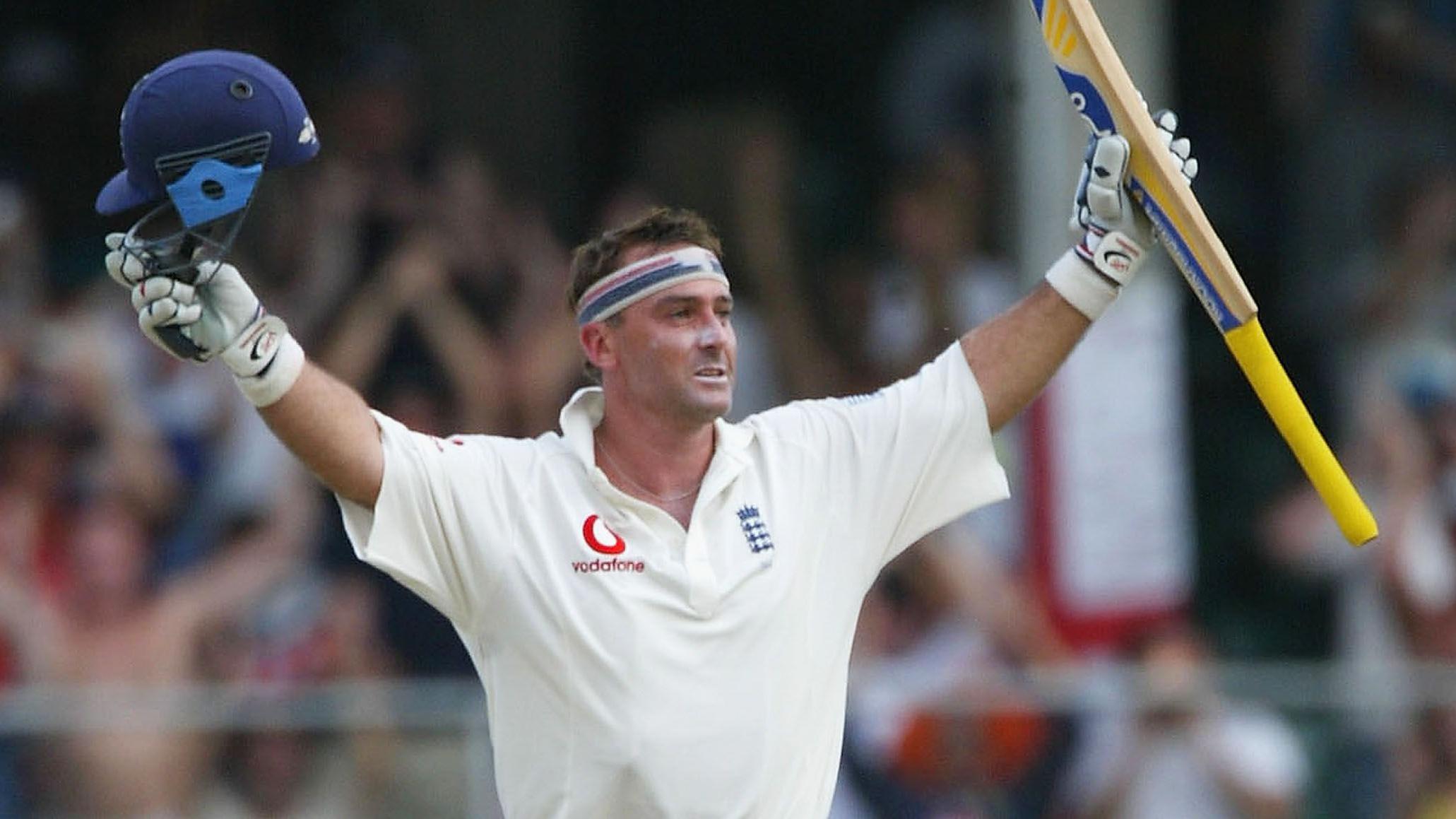

This week I read something that hit me harder than I expected.
The inquest into the death of former England cricketer Graham Thorpe revealed that he had spiralled into depression after losing his national coaching job. He was just 54 and had suffered with mental health issues through much of his life. The article in The Times painted a picture of someone who gave so much to the game—someone I’d watched bat many times growing up—and yet who slipped into a place of deep, silent struggle.
And it broke my heart.
Because if someone like Graham, a successful family man with wife and kids, so respected, so admired, can fall into that space…it reminds us that anyone can. And often, the people who seem like they’ve “got it all together” are the ones hiding it the most.
The Reality of Male Mental Health
The numbers are grim. Three in every four suicides in the UK are men. The highest rates are among men aged 45–49. Many don’t speak up until they’re in serious crisis—or not at all.
At Beyond Walls, we train hard. We test limits. We encourage each other to show up even when it’s tough. But if we only focus on physical health and ignore what’s going on in our heads, we’re missing half the picture.
Mental Health in the Armed Forces
This subject also feels especially relevant right now, as next week we’re running a seminar for one of our Armed Forces focused on mental health and the impact that fitness can have. The challenges faced by current and former service members are significant:
- Around 13% of active UK military personnel sought mental health support last year.
- Among veterans, over half report physical or mental health issues after discharge — with many saying these challenges have worsened over time.
- PTSD, depression, anxiety, and substance misuse are all more prevalent in post-service life.
- On average, veterans wait over a decade to seek help, often feeling misunderstood by civilian healthcare systems.
- There are also silent struggles faced by many female veterans, including trauma and institutional neglect, which can make asking for help even harder.
It’s a heavy burden—but one where fitness can be part of the solution. That’s why our seminar isn’t just about reps or routines. It’s about showing how movement can support recovery. How showing up—on the gym floor or in conversation—can make all the difference.
So, What Can We Do?
Regular physical activity is proven to reduce symptoms of anxiety and depression. Training provides structure, purpose, and a sense of control. Being part of a supportive fitness community like ours can help restore a sense of belonging and shared mission.
We also need to be honest: we’re not mental health professionals. But that doesn’t mean we’re powerless. As a gym, as a community, we can:
- Keep the door open: Every coach at Beyond Walls is open to a quiet, non-judgemental conversation—before class, after class, whenever you need it.
- Look out for one another: If someone’s gone quiet, seems flat, or just isn’t themselves—check in.
- Normalise the conversation: You can be strong and still feel overwhelmed. Being honest is not a weakness.
- Point you in the right direction: We might not have the tools ourselves—but we will help you find someone who does.
Useful Support Resources
If you’re finding life hard right now—or someone close to you is—please know there are people who can help.
- Samaritans – Call 116 123 (free, 24/7)
- Mind – mind.org.uk
- James’ Place – Support for men in suicidal crisis – jamesplace.org.uk
- Movember – movember.com/mens-health/mental-health
- CALM (Campaign Against Living Miserably) – thecalmzone.net
We’ll also be posting these resources inthe gym—QR codes, numbers, and links. Quietly visible. Always there.
What Happens Next?
We're looking into how we can more actively support mental health within the gym. That might mean bringing in qualified professionals, hosting safe-space events, or simply giving you more tools to support yourselves and each other.
But in the meantime, please remember:
- You’re not a burden.
- You’re not weak.
- And you are absolutely not alone.
If you ever need to talk, reach out. To a coach. To a friend. To us.
Let’s be a place where strength isn’t just measured by barbells, but by honesty, connection, and showing up for each other—even when it’s hard.
Jamie & the Beyond Walls Team